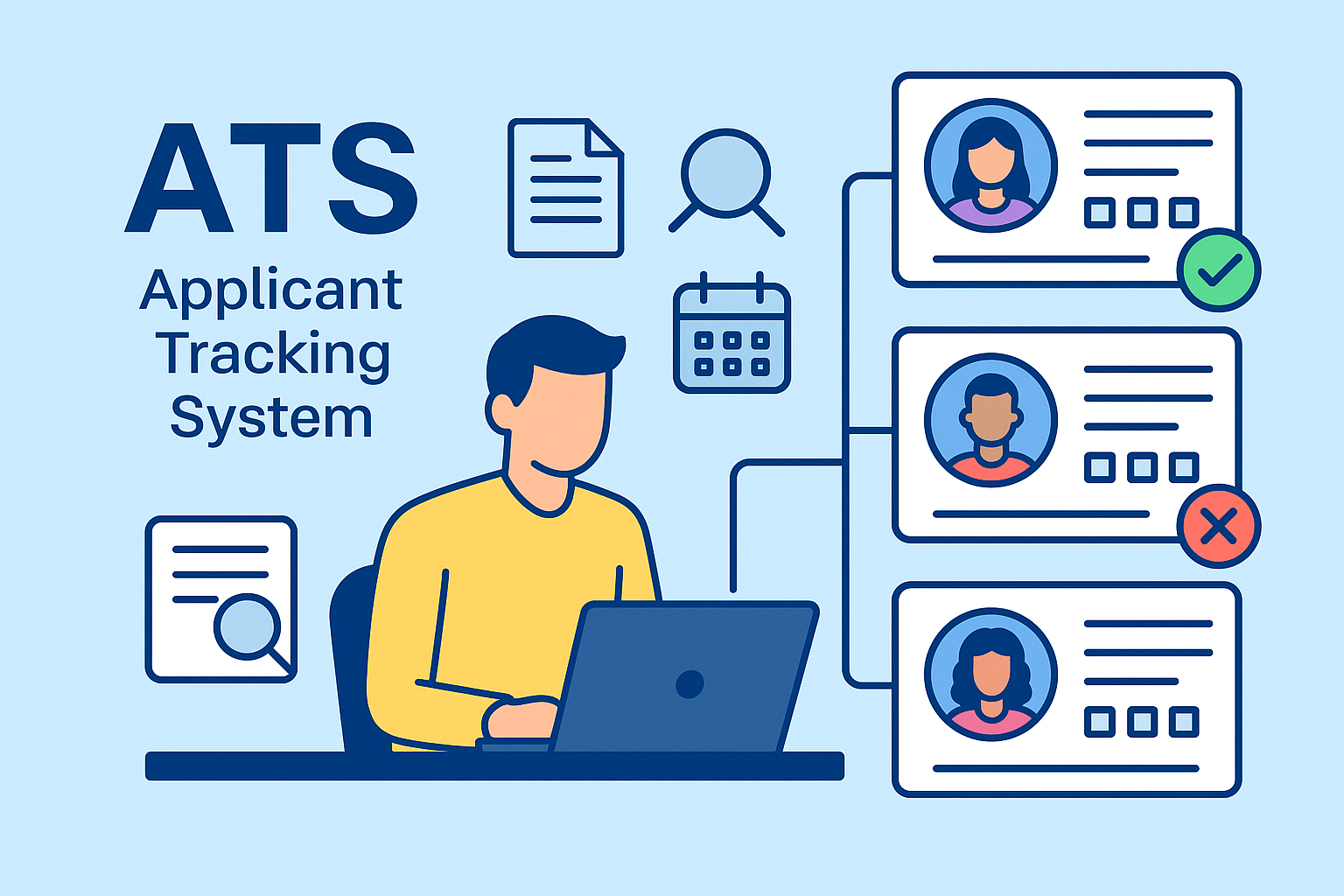O avanço das tecnologias digitais trouxe possibilidades extraordinárias para a comunicação, incluindo a criação de chatbots capazes de dialogar de forma fluida e, por vezes, surpreendentemente humana. Mas, quando essas ferramentas entram no território da política — um espaço já tão carregado de tensões, disputas e discursos moldados — surgem responsabilidades éticas que não podem ser ignoradas.
A política sempre foi um campo onde narrativas moldam percepções. Mas, nos últimos anos, vivemos um momento em que a própria noção de verdade tem sido colocada em xeque. O escândalo da Cambridge Analytica tornou isso evidente: dados manipulados, conteúdos personalizados e campanhas segmentadas transformaram eleitores em alvos de engenharia psicológica. Como bem observa Ignacio Ramonet, a verdade perdeu seu papel central nas campanhas — substituída por discursos que reforçam crenças prévias.
Nesse cenário, pensar em chatbots políticos é pensar em poder.
Poder de influenciar.
Poder de manipular.
Poder de reforçar vieses.
Por isso, a seleção ética de conteúdo torna-se não apenas uma exigência técnica, mas uma questão profundamente cultural.
Princípios éticos não são opcionais
Um chatbot político precisa seguir diretrizes que respeitem a diversidade social e a integridade do debate público:
- Neutralidade real, e não apenas declarada.
- Informações verificáveis, que não joguem com a fragilidade do público.
- Transparência absoluta: o usuário deve saber que está falando com uma máquina.
- Respeito pela multiplicidade de visões, mesmo aquelas com as quais não concordamos.
- Proteção dos dados e da privacidade — sobretudo em um país com histórico de precariedade regulatória.
- Responsabilidade, porque informação mal-selecionada deixa de ser neutra.
Mais do que algoritmos, isso requer sensibilidade humana.
Ferramentas existem — mas não resolvem tudo
Recursos como NLTK ou spaCy ajudam a identificar:
- termos politicamente sensíveis,
- discursos polarizadores,
- padrões emocionais manipulativos.
Mas nenhuma biblioteca substitui julgamento ético, leitura crítica e bagagem cultural.
Política é subjetiva. É humana. E qualquer tentativa de delegar essa complexidade a uma máquina sem supervisão incorre no risco de repetir velhos erros — agora com velocidade multiplicada.
Para onde estamos indo?
O futuro aponta para sistemas capazes de verificar fatos automaticamente e reconhecer manipulações com mais precisão. Mas até lá — e mesmo depois — seguirá existindo a necessidade de crítica, vigilância e consciência.
Tecnologia nunca é neutra.
E quando falamos de política, menos ainda.
Se quisermos um ecossistema digital mais ético, precisamos participar dele com responsabilidade — enquanto sociedade, enquanto criadores e enquanto cidadãos.










